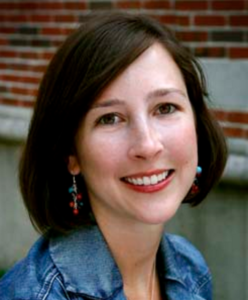 The Coalition for the Public Understanding of Science (COPUS) today announced this year’s winner of the third annual Paul Shin Award, honoring the unsung heroes of science communication and engagement.
The Coalition for the Public Understanding of Science (COPUS) today announced this year’s winner of the third annual Paul Shin Award, honoring the unsung heroes of science communication and engagement.
The 2014 winner is Dr. Amy Vashlishan Murray, Assistant Professor of Science (in the Institute for Liberal Arts and Interdisciplinary Studies) at Emerson College in Boston, Massachusetts.
As a tenure-track science faculty member at Emerson College, one might think that Amy has her hands full: she teaches undergraduates with a focused interest in art and communication while conducting research in neurobiology in the Kaplan lab at Massachusetts General Hospital. But Amy recognizes that she’s uniquely situated — she’s interfacing with young talent in communication and art AND with cutting edge science. With a seemingly boundless energy, she’s capitalized on her situation to create innovative synergies that enhance the public’s understanding of science. Among her achievements are the founding of the Emerson Science Communication Collaborative and helping to establish the “Ask For Evidence” campaign in the US.
Amy explains: “I am driven by the belief that the role and responsibility of the scientist includes anticipating the social impact of development in her field and striving to develop well-informed consumers of scientific information. Initiatives like Ask for Evidence and the Science Communication Collaborative build from this belief by empowering students and members of the public to question the science they encounter in their daily lives and by engaging these stakeholders in communication exchanges with the scientific community.”
Morgan Thompson, PhD, Assistant Director at the Center for Biomedical Career Development, nominated Amy for the award, saying Amy is “shaping the foundational scientific understanding of future communicators – both conceptual knowledge as well as the process of science and ability to critically evaluate evidence.” The Emerson Science Communication Collaborative “pairs undergraduate students interested in science communication with local early career scientists in a semester-long series of exchanges to further the training and skills of both audiences. Scientists are provided a rare opportunity early in their careers to practice media skills and effective communication with lay audiences in a non-threatening, low-risk environment that utilizes the expertise of Emerson students. The undergraduates come to know the person behind the scientist, helping to dispel popular misconceptions about the process of science and providing more accurate, nuanced, and diverse portraits of who does science. Culminating projects range from children’s books to public service announcements to a musical composition based upon the genetic sequence of a strain of H1N1 flu virus.”
Seeking to effect national change, Amy initiated a collaboration with the UK-based nonprofit, Sense About Science, to help establish their “Ask for Evidence” campaign in the US. Thompson states, “as the name suggests, this campaign encourages everyone to question claims in politics, media, and advertising. Amy’s ingenuity and commitment was vital to providing the foundation for continued national programming following the public launch of the US campaign in February 2013. Briefly, Amy secured funding from a Consumer Awareness Project Grant at Emerson to: 1) conduct a public survey exploring the public relationship with evidence; 2) develop a US campaign website with resources for how to ask, how to evaluate evidence (including a platform to connect with local scientists), and examples of participant experiences; 3) host a media training workshop for future scientists and communicators; 4) carry-out program evaluation, including Student Assessment of Learning Gains (SALG) questionnaires (Science Education for New Civic Engagements and Responsibilities, 2012).”
Amy’s passion for science communication has led her to not only play an active role in the Boston area science outreach community, but to be a member of the National Association of Science Writers, the American Association for the Advancement of Sciences, and Voice of Young Science USA. Her passion for science education and outreach stems back to well before her faculty position at Emerson. For more than a decade, Amy has been involved in the advancement of the public’s understanding of science — directing the Harvard graduate student organization Science in the News, developing exhibits at the Museum of Science Boston, and playing an important role in discussions of the implications of new genetic technologies with the Genetics and Society Working Group.
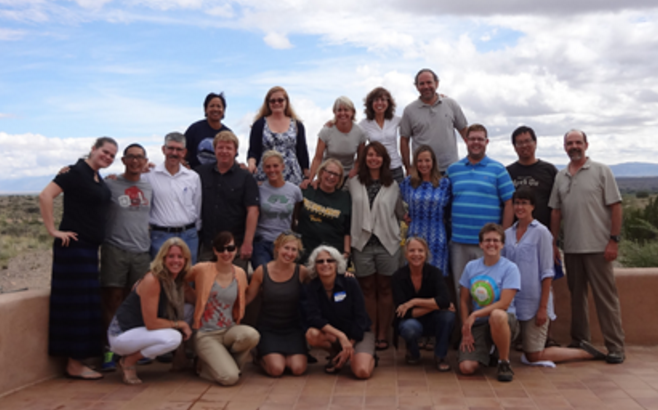 Dr. Murray attended the COPUS 2014 Invitational from Sep 18-21 in New Mexico, and took part in two days of science outreach networking and educational events. She received the award while at the unconference. Amy said, “this award is really gratifying as recognition of work that isn’t necessarily part of the job description for typical academic scientists and isn’t is always valued explicitly in the scientific community. It is also an incredible honor because it is coming from a community of people that, themselves, have done such amazing, and often unrecognized, work in science outreach and because I’ve learned what a special individual and leader Paul Shin was to this community.”
Dr. Murray attended the COPUS 2014 Invitational from Sep 18-21 in New Mexico, and took part in two days of science outreach networking and educational events. She received the award while at the unconference. Amy said, “this award is really gratifying as recognition of work that isn’t necessarily part of the job description for typical academic scientists and isn’t is always valued explicitly in the scientific community. It is also an incredible honor because it is coming from a community of people that, themselves, have done such amazing, and often unrecognized, work in science outreach and because I’ve learned what a special individual and leader Paul Shin was to this community.”
Amy also expressed “gratitude to the Office of Research and Creative Scholarship at Emerson for helping to identify and secure funding opportunities, including the Consumer Awareness Project fund, to support development and broader expansion of this work.”
Co-founder of COPUS, Judy Scotchmoor said, “The Paul Shin award is very special to us at COPUS. In the short time that we knew Paul, we were captivated by his energy and determination to make a difference in the world. The nominees for this year’s award were fantastic, but Amy made an impression on us. Her tireless enthusiasm and commitment to sharing science is exactly what we aspire to recognize through this award.”
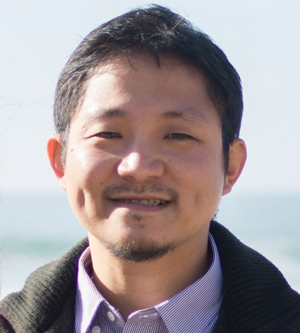
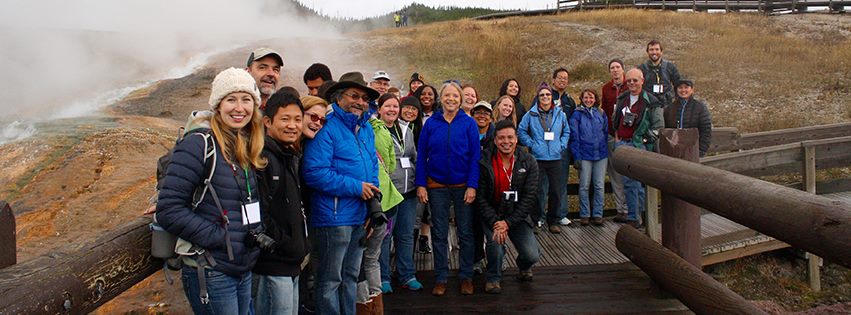
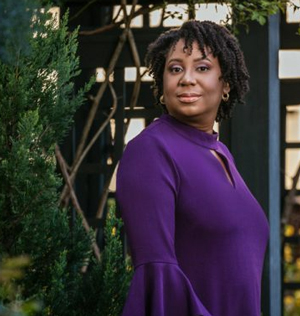
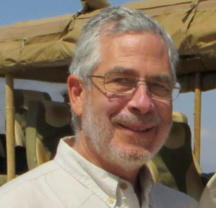
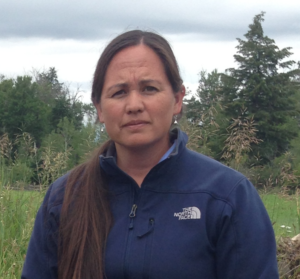
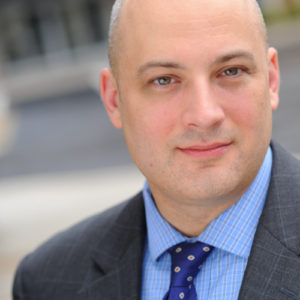
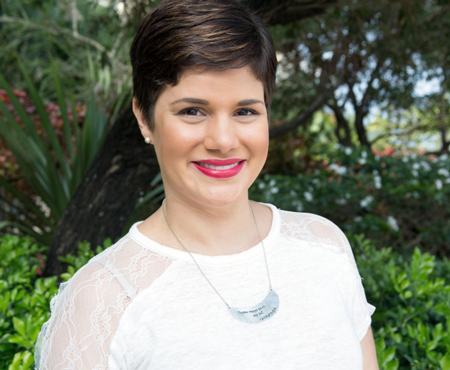
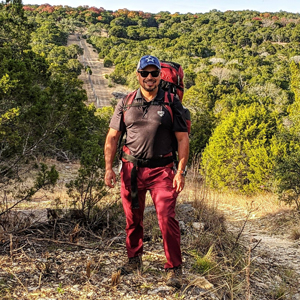
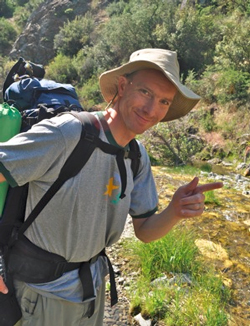
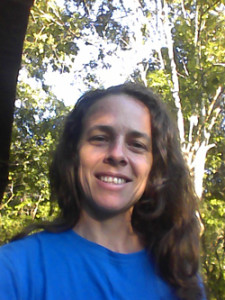
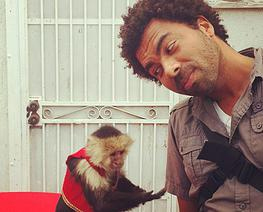 Joel K. Abraham is an
Joel K. Abraham is an 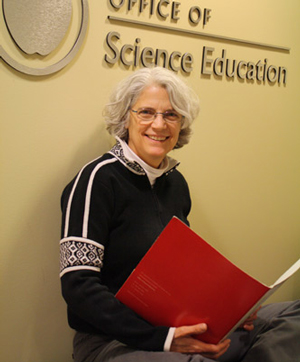 Gina is the Co-Director of
Gina is the Co-Director of 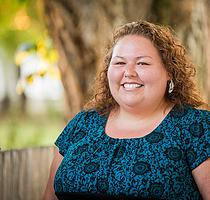 Amber Finley is an enrolled member of the Mandan, Hidatsa, Arikara Nation, and is also Spirit Lake Dakota and Standing Rock Lakota on her maternal grandmother’s side. Although she was raised in California, her home is Mandaree, located on the Fort Berthold Reservation, North Dakota. Amber was a two-time graduate of Fort Berthold Community College before receiving her Bachelor of Science in Fisheries & Wildlife Biology from Univeristy of North Dakota in 2006. In 2008, she earned her Master of Science in Environmental Management from the University of San Francisco. Amber is a Gates Millennium Scholar alum, a lifetime Sequoyah member of the American Indian Science and Engineering Society, and serves as a mentor for several diversity-based organizations.
Amber Finley is an enrolled member of the Mandan, Hidatsa, Arikara Nation, and is also Spirit Lake Dakota and Standing Rock Lakota on her maternal grandmother’s side. Although she was raised in California, her home is Mandaree, located on the Fort Berthold Reservation, North Dakota. Amber was a two-time graduate of Fort Berthold Community College before receiving her Bachelor of Science in Fisheries & Wildlife Biology from Univeristy of North Dakota in 2006. In 2008, she earned her Master of Science in Environmental Management from the University of San Francisco. Amber is a Gates Millennium Scholar alum, a lifetime Sequoyah member of the American Indian Science and Engineering Society, and serves as a mentor for several diversity-based organizations.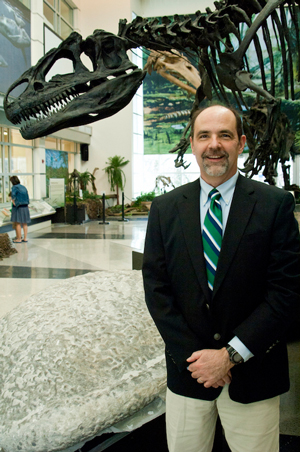
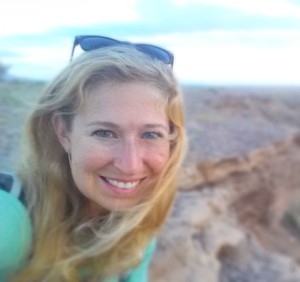

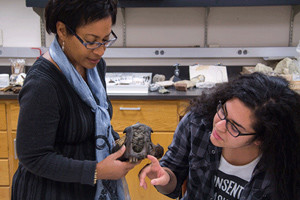
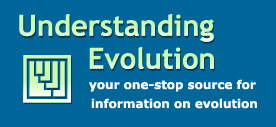


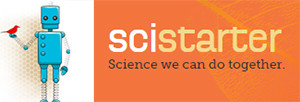
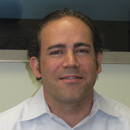

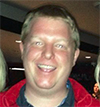
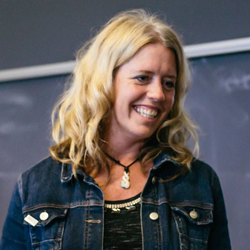
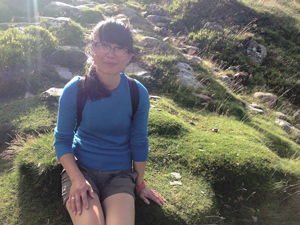
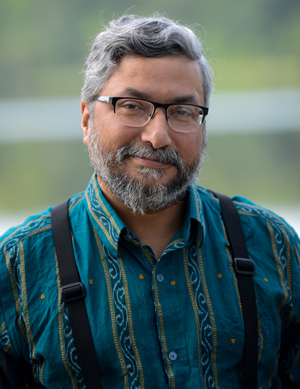
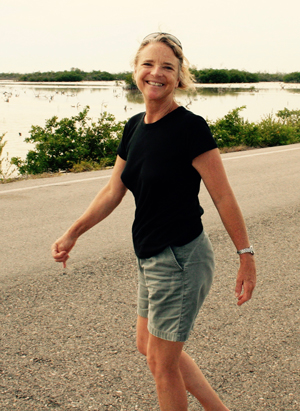
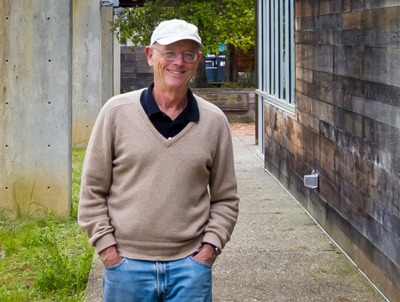
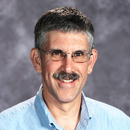
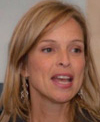
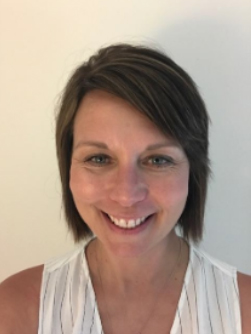
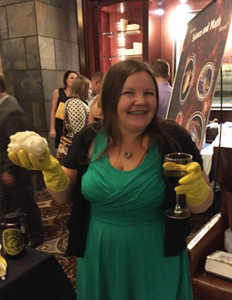
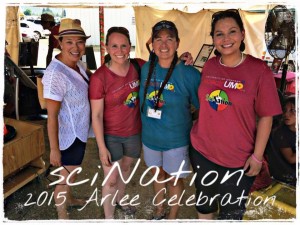
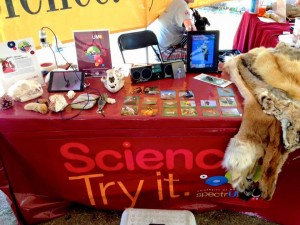
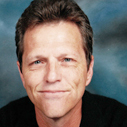
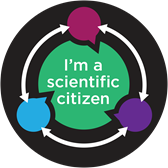
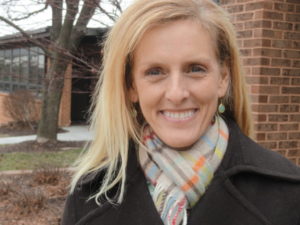


 Dr. Murray attended the COPUS 2014 Invitational from Sep 18-21 in New Mexico, and took part in two days of science outreach networking and educational events. She received the award while at the unconference. Amy said, “this award is really gratifying as recognition of work that isn’t necessarily part of the job description for typical academic scientists and isn’t is always valued explicitly in the scientific community. It is also an incredible honor because it is coming from a community of people that, themselves, have done such amazing, and often unrecognized, work in science outreach and because I’ve learned what a special individual and leader Paul Shin was to this community.”
Dr. Murray attended the COPUS 2014 Invitational from Sep 18-21 in New Mexico, and took part in two days of science outreach networking and educational events. She received the award while at the unconference. Amy said, “this award is really gratifying as recognition of work that isn’t necessarily part of the job description for typical academic scientists and isn’t is always valued explicitly in the scientific community. It is also an incredible honor because it is coming from a community of people that, themselves, have done such amazing, and often unrecognized, work in science outreach and because I’ve learned what a special individual and leader Paul Shin was to this community.”